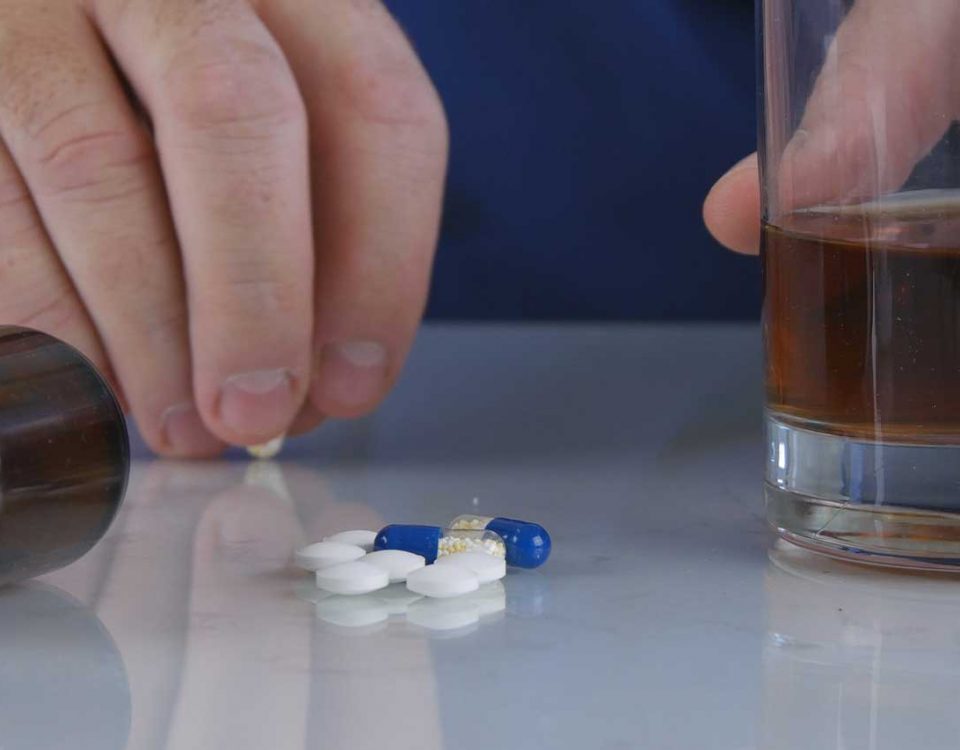The use of amphetamines is common among patients with psychiatric disorders, especially in the United States.
Several studies, however, have found that amphetamines can actually produce symptoms of psychosis that are similar to those of schizophrenia spectrum psychosis or otherwise intensify symptoms if this disorder is present. Many researchers believe that amphetamine psychosis and schizophrenia are interconnected, with one affecting the other and vice versa.As a center for drug and alcohol treatment in Stuart, we understand the complications that are involved with drug use – mental illness is often linked to drug abuse. While amphetamines are often prescribed and controlled by doctors, the fact that they are highly addictive makes it easy for patients to abuse these drugs and develop a harmful dependency. Schizophrenia and amphetamine psychosis are just one of the many relationships involving mental illness and addiction.
Psychosis refers to a condition that affects brain function, specifically how it processes information. Individuals suffering from psychosis may experience detachment from reality and struggle with separating their internal psychological processes from what’s happening around them. While psychosis can be considered its own condition, it is often a byproduct of mental illness and substance abuse. Amphetamine and meth use are known to induce psychosis and symptoms similar to those of schizophrenia.
Individuals with an amphetamine addiction can avoid repercussions with professional help. At Banyan Detox Stuart, we offer prescription pill detox specifically designed for substance abuse disorders pertaining to prescription drug addictions.
What Is Paranoid Schizophrenia?
Like any other psychosis, schizophrenia makes it difficult for a person to stay in touch with reality. This condition scatters a person’s thoughts and affects their behavior. Symptoms like delusions and hallucinations make it difficult for the individual to differentiate between truth and lies. They may become suspicious of people they were once close to and begin withdrawing from their loved ones.Relationship Between Amphetamine Psychosis & Paranoid Schizophrenia
Amphetamine psychosis occurs when individuals who have taken amphetamines experience symptoms similar to those of acute schizophrenia, including:- Lack of concentration
- Overactivity
- Increase in physical energy
- Disorganized thoughts
- Delusions
- Anxiety
- Hallucinations
Mental illness and drugs cause hallucinations and these other symptoms that make it difficult for the person to lead a normal life. Unfortunately, schizophrenics are often portrayed as violent or unhinged people in TV shows and movies. Violence itself, however, is not a symptom. Hallucinations and delusions, common symptoms of both conditions, can cause people suffering from schizophrenia or amphetamine psychosis to hear voices in their heads, which often drives them to do things they normally wouldn’t. The continuous use of amphetamines, especially in individuals who experienced an amphetamine psychosis, increases the risk of developing a psychotic disorder. Drug abuse is often associated with mental health problems; individuals who struggle with drug addiction are more likely to develop a mental disorder. On the other hand, many people who have mental illnesses turn to substance abuse in an attempt to cope with their symptoms. The presence of both an addiction and mental illness is referred to as a dual diagnosis. It’s no surprise that amphetamine psychosis and paranoid schizophrenia are linked to each other.
If you or a loved one is battling substance abuse or requires dual diagnosis treatment, call our Banyan Detox Stuart team at 888-280-4763 for more information about our facility and the substance abuse programs we offer.
Sources:
Related Readings: Amphetamine Psychosis & How to Recognize It









